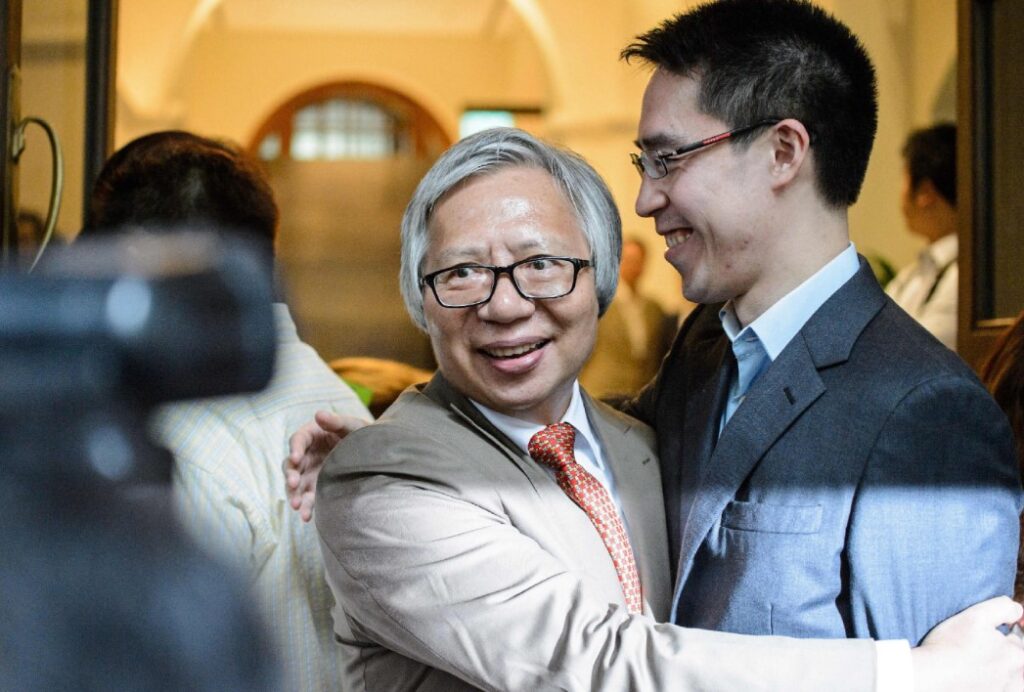In the heart of Hong Kong’s skyline, few names rise taller than Kwok. Synonymous with towering success, generational wealth, and real estate dominance, the Kwok family story is both a tale of ascension and a cautionary fable of power, legacy, and betrayal.
Humble Beginnings, Monumental Vision
The family patriarch, Kwok Tak-seng, was not born into wealth. Emigrating to Hong Kong from Zhongshan, China, he began his career as a construction materials trader. In 1972, he founded Sun Hung Kai Properties, a real estate development firm that would become the largest property developer in Hong Kong—and one of the most valuable in the world.
By the 1980s, Kwok Tak-seng had solidified his reputation as a shrewd businessman with a long-term vision: he didn’t just build buildings; he built empires. His strategy focused on acquiring land in prime locations and developing vast residential and commercial complexes, often integrating shopping malls, office towers, and transportation infrastructure. His developments didn’t just shape skylines—they reshaped city life.
A Dynasty Divided
After Kwok Tak-seng’s death in 1990, his three sons—Walter, Thomas, and Raymond—inherited control of Sun Hung Kai Properties. For a time, it was a harmonious alliance. Together, they expanded operations across Asia and into Europe, transforming the firm into a global force.
But wealth on that scale rarely remains unchallenged. In 2008, family tensions surfaced when Walter Kwok, the eldest son and then-chairman, was ousted by his mother and brothers after a series of disagreements over business decisions and personal relationships. Walter alleged he had been placed under house arrest by his own family. In retaliation, he took his grievances public and began building his own competing property business.
This family rift marked a rare public scandal among Hong Kong’s tycoons—and the beginning of an even darker chapter.
The Corruption Scandal
In 2012, a seismic event shook the elite world of Hong Kong real estate: Thomas and Raymond Kwok were arrested on charges of bribery. Accused of making illicit payments to a high-ranking government official in exchange for favorable treatment in land deals, the trial exposed the murky intersection of power, politics, and property.
In 2014, Thomas Kwok was convicted and sentenced to five years in prison. Raymond was acquitted. The scandal was a blow to the family’s carefully curated image of discretion and respectability, yet it didn’t collapse the empire.
The Empire Endures
Despite internal divisions and legal turmoil, Sun Hung Kai Properties has endured. Today, it remains one of Asia’s largest property developers, with holdings that include:
The International Commerce Centre (ICC)—Hong Kong’s tallest building.
YOHO Town and Harbour Gateway, sprawling mixed-use developments.
A major stake in Transport Infrastructure and Telecommunications ventures.
The family’s current fortune is estimated at over $30 billion, making them one of the wealthiest dynasties in Asia. The next generation—children of Raymond and the late Walter—have quietly begun to take on more prominent roles in philanthropy and business, signaling the continuation of the Kwok legacy.
Lessons from the Kwoks
The Kwok story is more than a real estate saga. It’s a case study in:
Dynastic ambition, and the complexity of handing power across generations.
The fragility of public trust, especially in an era where scandals travel faster than concrete can set.
The ability of wealth to both insulate and expose, especially when family and fortune intertwine.
Despite scandal and strife, the Kwoks remain embedded in Hong Kong’s economic DNA. And like the towers they built, their legacy is difficult to ignore—especially when you look up.

